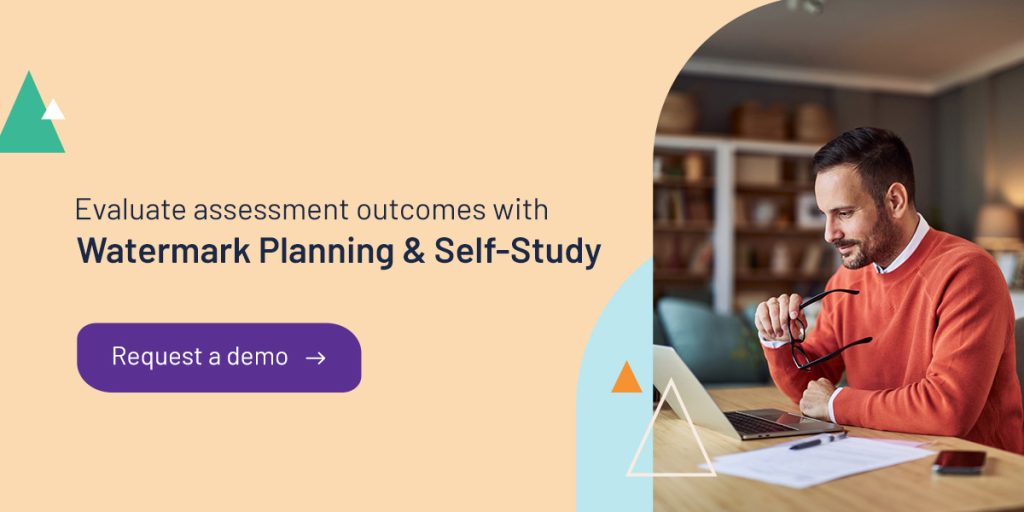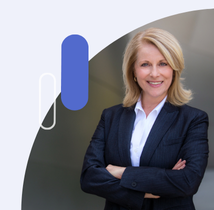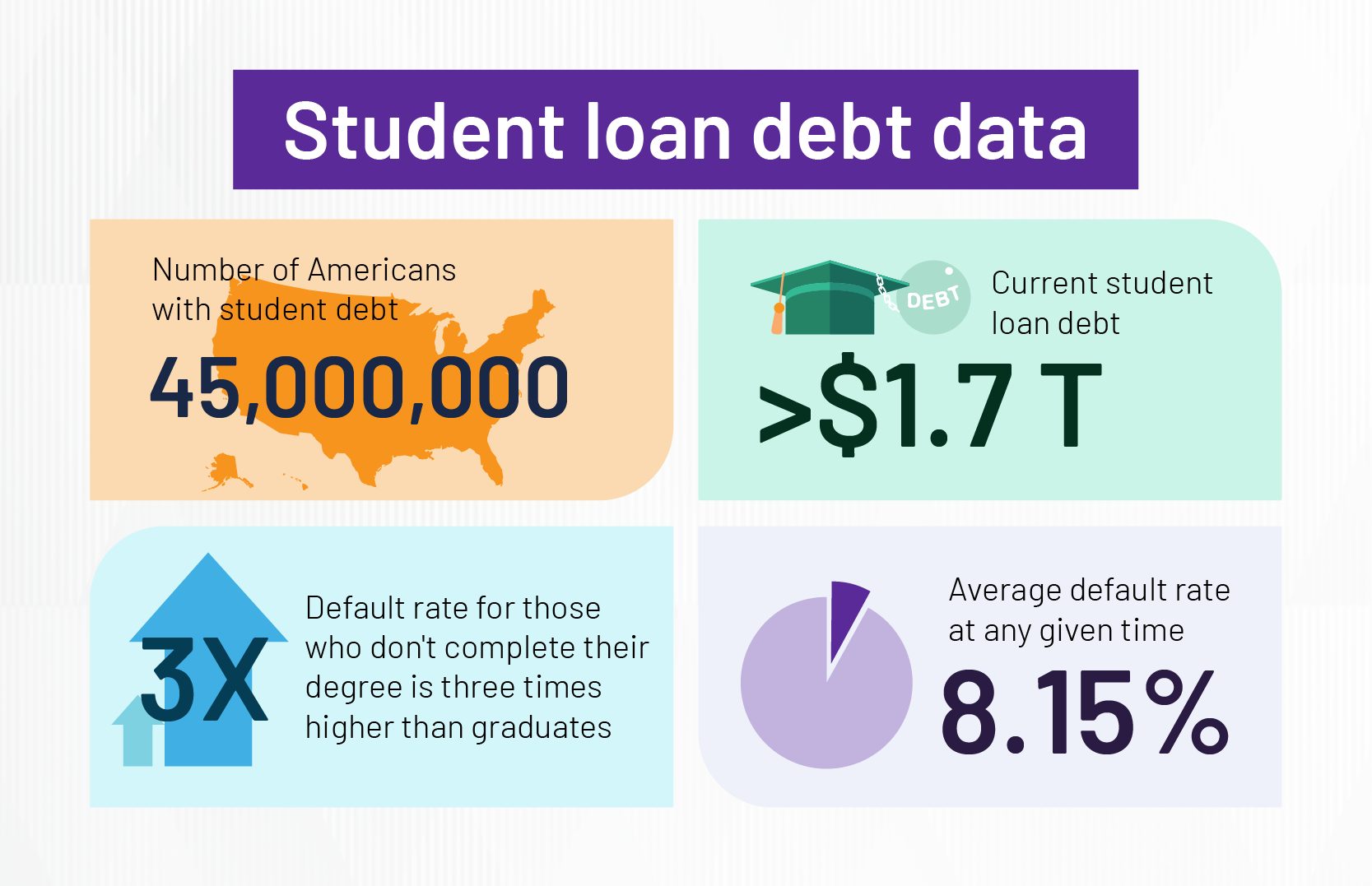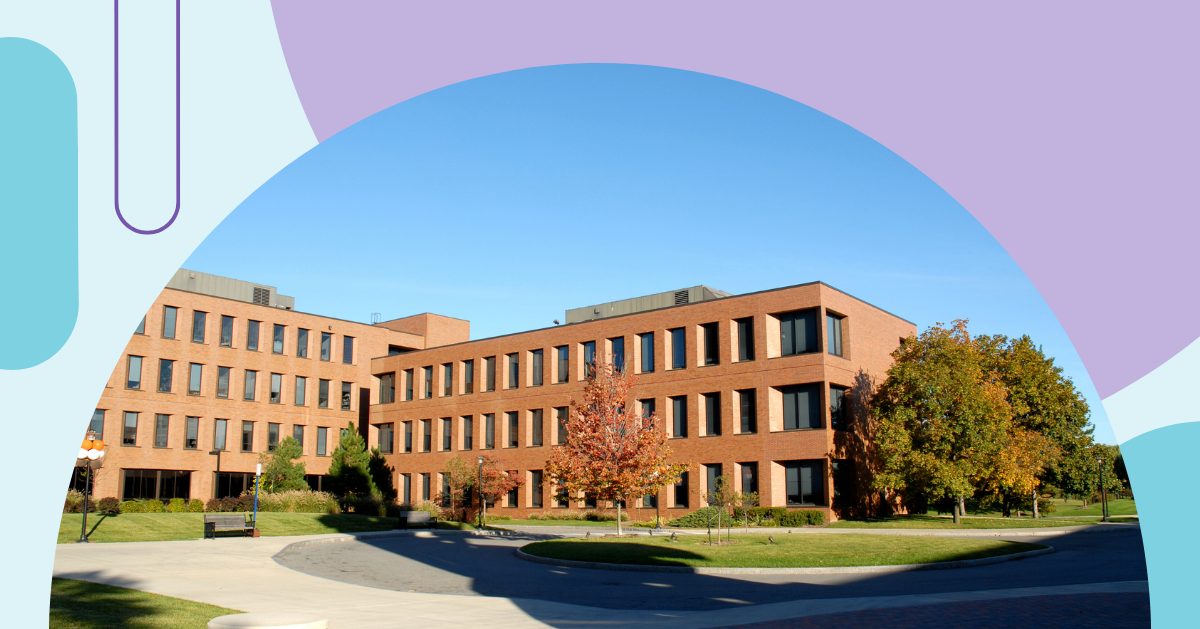
Summer is a valuable time to improve your institution’s assessment plan as you transition into the new academic year. It symbolizes a fresh start to evaluate and adjust current strategies and assessment methods. Strategic planning for the upcoming academic year involves having a realistic view of the institution’s strengths and weaknesses, and enhancing its ability to provide students with the necessary skills to excel in their careers.
This guide explores the goal of summer planning for assessment coordinators, the main challenges, planning strategies, and examples of summer assessment tasks.
Understanding summer assessment planning
Assessment in higher education evaluates the success of a course, program, or curriculum based on the skills and knowledge students have gained from it. Its goal is to measure an institution’s progress toward predetermined goals rather than simply testing student competency.
The specific goal of summer planning for assessment coordinators is to develop a strategic framework that informs assessment activities within a program or institution. The framework will typically outline specific assessment methods, responsibilities, timelines, and criteria for success. Assessment coordinators evaluate these elements yearly to ensure consistency, coherence, and efficiency.
Challenges of summer assessment planning
Many unique challenges come with assessing programs, such as:
Inadequate understanding of issues
Some higher education institutions may not thoroughly understand the issues they should address. When this happens, they implement interventions and programs that do not address the root of the problem. This mistake often occurs when institutions adopt similar programs as other higher education institutions without first evaluating whether they have a problem it addresses. To avoid mismatched programs, consider thoroughly evaluating your program’s growth areas first.
Lack of clear goals and objectives
Another mistake in summer assessment planning is when coordinators do not clearly state their goals, objectives, and performance standards. Doing so makes it challenging to measure their effectiveness and impact. You can avoid this issue by being more clear and specific about the exact outcome you want to see and setting a clear beginning and end date.
Programs serve unrelated outcomes
Some programs may serve outcomes unrelated to the assessment’s criteria for success. For example, the University of Kansas implemented a summer transition program as an extended orientation for high school students to improve their transition to higher education. While the expectation was to improve their first-semester GPA and retention rates, there was no significant difference in outcomes between those who attended the orientation and those who did not.
Despite being unable to achieve the academic goal, the institution continued implementing the program due to its popularity and the sense of community it brought. Eventually, the program ended because of its unclear role in the assessment plan.
In this instance, it is important for institutions to replace and adjust assessment plans when they do not meet the set criteria for success.
Methodological constraints
Methodological constraints include when institutions instruct untrained personnel to conduct evaluations. This method poses a challenge when there are time limitations for team members who still need to learn how to improve assessment plans. This practice compromises the rigor and objectivity of assessments. These results make it essential to train team members or hire a skilled assessment team for more effective planning strategies.
6 assessment planning strategies
Consider these six assessment planning strategies to avoid the issues related to the four challenges we mentioned.
1. Gather feedback

Take the time to gather feedback from faculty, staff, and students when reflecting on the past year. You can do so by sending an email or survey asking users to express what they enjoyed and where the institution could improve. These surveys may also identify where faculty members need additional support. In these cases, look into resources and technology solutions that can help.
2. Align course content with program learning outcomes
Are there gaps in your current curriculum structure that hinder learning outcomes? Start mapping your curriculum to see how your program meets specific outcomes. This detailed process involves identifying teaching gaps and planning a coherent sequence for courses. Addressing these issues improves the learning experience and helps ensure each course contributes to the institution’s bigger picture.
3. Explore professional development opportunities
Do you suspect faculty members or you, as an assessment coordinator, need to expand existing knowledge and skills to impact the assessment plan or outcomes? Summer is a valuable time to build your knowledge through inexpensive self-paced training courses, workshops, or a mentor.
Choose a suitable solution based on your institution’s specific issue. For example, you might attend a workshop if you need to improve your assessment planning processes. Similarly, if faculty members need to improve their teaching methods, you could plan to implement a professional development program.
4. Communicate and evaluate with all assessment coordinators
Openly communicate your findings with your assessment team. Start by sending out an email to request a meeting where everyone presents their findings and assessment plan. Consider providing a template and creating a realistic assessment planning timeline.
At the meeting, present your results, evaluate the assessment data, and continuously reevaluate the assessment process. Ask questions such as whether the outcomes are still appropriate and whether there are opportunities to look for opportunities to collect data from more relevant sources.
5. Use planning and assessment tools
Assessment planning often involves activities like data collection, analysis, and reporting. You may streamline these processes by implementing software that aids in these processes. For example, an assessment management software can gather assessment and program data in one system, automate curriculum mapping, and allow program review reports.
6. Improve reporting practices
When compiling a report, keep accurate records and make the report clear and concise based on the evidence the team gathered about program quality and student learning. To improve the report, review drafts from your team. Offer constructive feedback or ask clarifying questions. You can also use software to store and manage assessment documentation.
Examples of summer assessment tasks
After discovering your institution’s core needs, you’ll need to develop specific programs that work toward desired outcomes. Take a look at these common and trending summer assessment tasks that might improve the plan:
- Share expectations: This solution helps ensure students know what the institution expects regarding their performance. A valuable method includes providing grading rubrics for each assignment.
- Provide frequent feedback: Keep students motivated to learn by encouraging faculty members to provide feedback on low-stakes quizzes and assignments. Doing so may correct any misinformation before larger tests and exams.
- Create assessments while designing assignments: You can align assessment plans and curriculum content by designing them side-by-side. This method ensures assignments and class content match learning goals.
- Break down big assignments: For larger assignments, have faculty members break them down into manageable chunks. Encourage them to check student progress at the end of each step. Doing so helps them find errors and provide feedback before submitting their final draft.
Evaluate assessment outcomes with Watermark Planning & Self-Study

The strategies you use in summer assessment planning can significantly impact institutional improvement and success. Having the right tools aids in that process. Watermark is a digital solution provider that helps streamline higher education processes.
Our Watermark Planning & Self-Study solution assists particularly with assessment and accreditation management. The software streamlines data collection, curriculum mapping, collaborative reviews, program progress insights, and accreditation reporting. To drive data-driven decisions and continuous improvement, request a demo with Watermark today.















































































































































































































































































































































































































